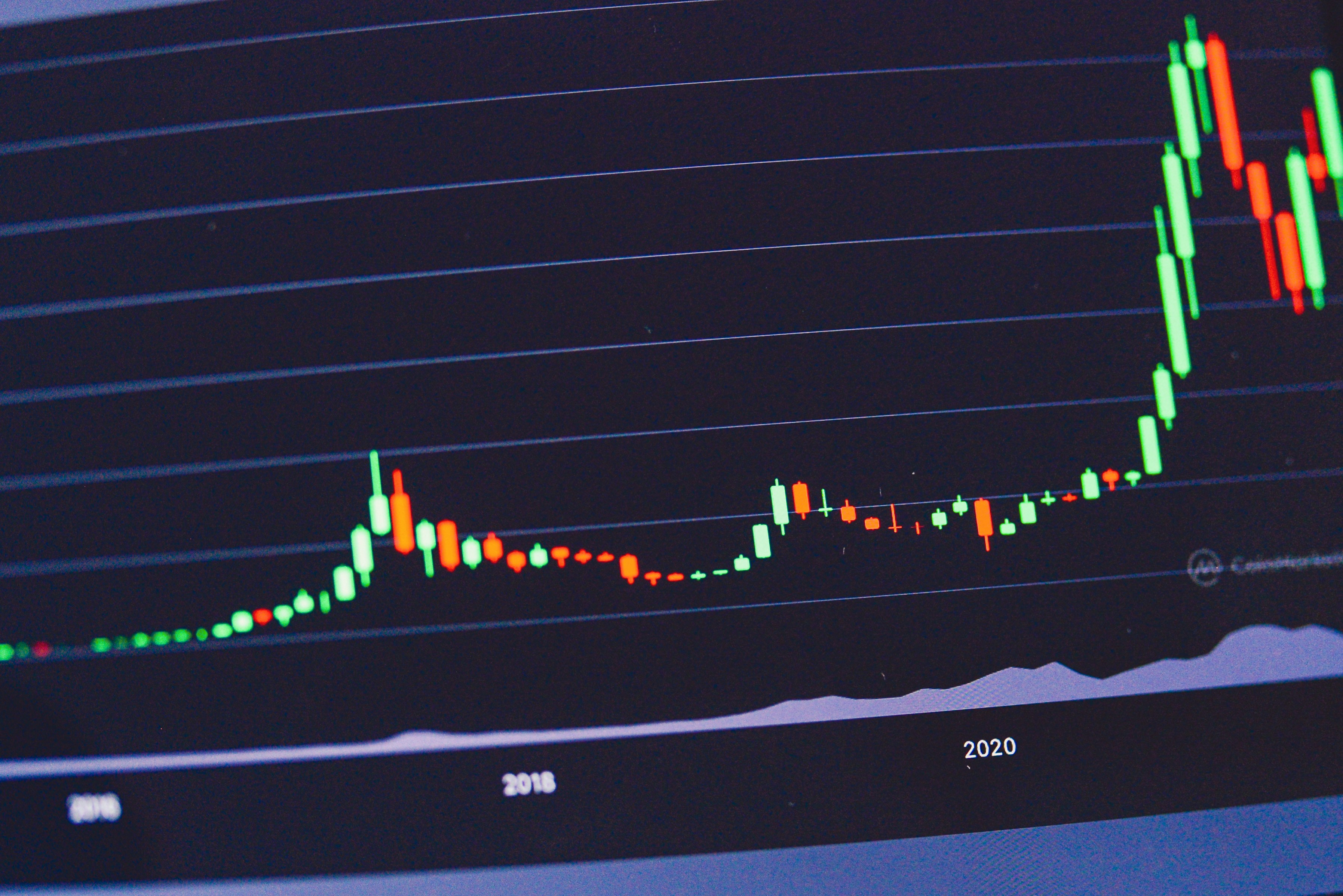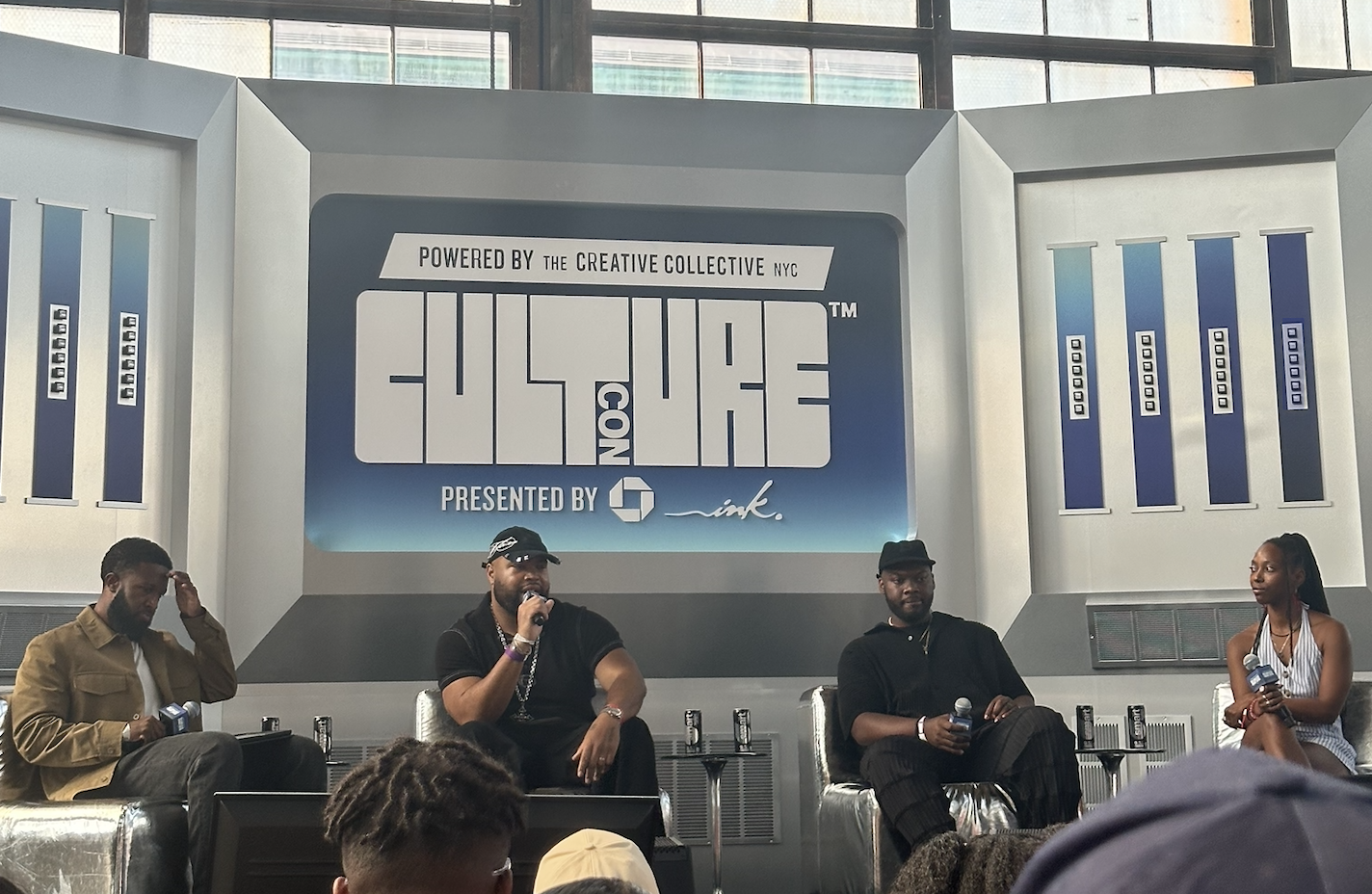Paid social media advertising has quickly become a cornerstone of performance marketing strategies, delivering precise targeting, measurable results, and high engagement rates. This powerful tool has become indispensable for businesses looking to maximize return on investment (ROI), which they can access with the help of performance marketing agencies.
PR Overview
Targeting the ideal audience
One of the standout advantages of paid social media is its extraordinary ability to target specific audiences. Platforms like Facebook, Instagram, LinkedIn, and Twitter offer extensive demographic, interest, and behavioral data, allowing for the creation of highly refined audience segments. With a deep understanding of target customers, businesses can deliver highly relevant ads to those most likely to convert.
For example, a fitness apparel brand can target women aged 25-35 interested in running, health, and wellness. This level of precision ensures efficient ad spending, reaching a receptive audience.
Measuring success
Performance marketing thrives on data, and paid social platforms excel at providing actionable insights. Marketers can track a variety of key performance indicators (KPIs), including clicks, impressions, conversions, and return on ad spend (ROAS), in real time. This data facilitates the measurement of campaign effectiveness and data-driven adjustments to enhance performance.
A/B testing is another valuable tool within paid social media. Experimenting with different ad creatives, targeting options, and bidding strategies helps identify elements that resonate most with the audience. This iterative process allows for continuous optimization, ensuring campaigns deliver maximum impact.
Engaging the audience
Success in paid social depends on content that captures attention and drives engagement. Visual formats like images and videos effectively convey messages quickly and emotionally. Interactive elements such as polls, quizzes, and contests can encourage user participation and foster community-building.
Moreover, social media platforms’ mobile-first nature means that ads must be optimized for smaller screens. Creating visually appealing and concise content increases the chances of capturing users’ attention in a crowded digital landscape.
Cost-effective reach
Paid social advertising offers a flexible budget control and ROI optimization spending model. The pay-per-click (PPC) model ensures that advertisers only pay when someone clicks on their ad, eliminating wasted spend. Additionally, platforms provide various bidding options, allowing marketers to set maximum bids and manage costs effectively.
Scalability is another key benefit. As campaign performance improves, budgets can be increased to capitalize on opportunities. Conversely, underperforming campaigns can be adjusted or paused to reallocate resources.
Generating high-quality leads
Paid social media stands as a lead generation powerhouse. Offering valuable content or incentives in exchange for contact information enables businesses to capture leads and nurture them through the sales funnel. Platforms provide various lead capture tools, such as forms and contact buttons, making data collection straightforward.
Remarketing is another effective lead generation strategy. Serving targeted ads to users who have visited a website but have yet to convert keeps businesses top of mind and increases the likelihood of a future purchase.
SPACs Are Back: What the 2025 Revival Means for Companies and Communicators
After several quiet years, special purpose acquisition companies are making noise again. According...
5WPR Shares Key Insights from CultureCon 2025: Taking Space, Telling Stories & Embracing Change
This month, the 5W team had the incredible opportunity to attend CultureCon 2025, the ultimate...
Beauty New York 2025: Highlights, Trends, and Brand Insights
The inaugural Beauty New York transformed Lower Manhattan’s Oculus into a space for creativity...




